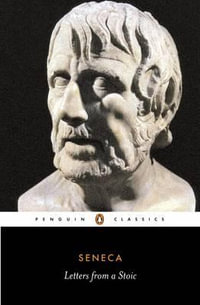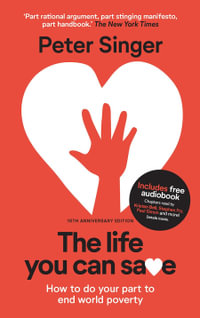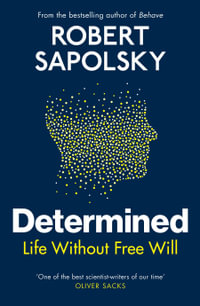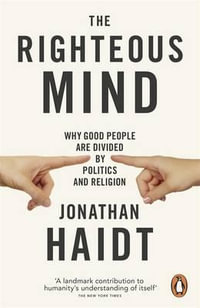Can wrongs be righted? Can we make up for our misdeeds, or does the impossibility of changing the past mean that we remain permanently guilty? While atonement is traditionally considered a theological topic, Making Amends uses the resources of secular moral philosophy to explore the possibility of correcting the wrongs we do to one another.
Philosophers generally approach the problem of past wrongdoing from the point of view of either a judge or a victim. They assume that wrongdoing can only be resolved through punishment or forgiveness. But this book explores the responses that wrongdoers can and should make to their own misdeeds, responses such as apology, repentance, reparations, and self-punishment. Making Amends explores the possibility of atonement in a broad spectrum of contexts--from cases of relatively minor wrongs in personal relationships, to crimes, to the historical injustices of our political and religious communities. It argues that wrongdoers often have the ability to earn redemption within the moral community.
Making Amends defends a theory of atonement that emphasizes the rebuilding of respect and trust among victims, communities and wrongdoers. The ideal of reconciliation enables us to explain the value of repentance without restricting our interest to the wrongdoer's character, to account for the power of reparations without placing a dollar value on dignity, to justify the suffering of guilt without falling into a simplistic endorsement of retribution, and to insist on the moral responsibility of wrongdoing groups without treating their members unfairly.
Industry Reviews
"Fascinating reading and very relevant to contemporary discussions of forgiveness and reconciliation." --Signs
"Radzik has produced a book that anyone working on issues to do with wrong-doing and reconciliation will want to read. It contains a host of interesting examples, often drawn from real life, and is written in an accessible and engaging style. It also presents a distinctive and attractive position, and significantly advances the debate about the importance the idea of making amends should play in our lives." --
ournal of Moral Philosophy
"Linda Radzik's fine book Making Amends: Atonement in Morality, Law, and Politics offers a carefully argued and innovative theory to the effect that what is needed from offenders is atonement." -Times Literary Supplement
"Making Amends is an illuminating, elegantly written, and much-needed systematic treatment of the ethical obligations of wrongdoers.... Linda Radzik's Making Amends is a superb philosophical investigation of the moral aftermath of wrongdoing. In taking up such a critical area of morality, Radzik makes a significant contribution to ethics."- -Cheshire Calhoun, Notre Dame Philosophical Reviews
"I know of no other work that treats in so comprehensive, sensitive, insightful and well-balanced manner the topic of atonement. The author's clear-headed critique of the views of many other philosophers and her sustained attention to and argument for her own position--which seems to me the correct one--constitute an important contribution." --Herbert Morris, Professor of Philosophy and Law Emeritus, UCLA
17-page review essay in Criminal Justice Ethics April 2010 issue

























